News
ASA the UK watchdog slammed four online operators for affiliate advertorial
Four betting firms have had their ‘socially irresponsible’ adverts banned by watchdogs.
The UK-facing online gambling affiliate industry is facing a fresh assault after the local advertising watchdog upheld complaints against four operators’ affiliate-created promotional content.
Today, the Advertising Standards Authority (ASA) upheld complaints against marketing content created by an affiliate working for 888 Holdings, Ladbrokes, Sky Betting & Gaming and Casumo.
These operators were slammed for the same piece of advertorial, which appeared on 24hournews.co and casinohacks.co between March and June 2017.
The advertorial, which the complainants felt “had the appearance of an editorial article,” detailed the travails of a man named ‘William’ who was £130k in debt due to his wife’s cancer-related medical bills.
Lo and behold, while taking a break in the hospital lobby to update friends and family about his wife’s condition, an admittedly depressed ‘William’ stumbled across ads for various gambling websites on his mobile, but almost ignored the sites until he noticed their various promotional offers, which he felt were “too hard to pass up.”
Naturally, William went on to win “over 30 times his annual salary in a single spin” and “his debt and financial worries came to an abrupt end.” William went on to buy back the house he’d been forced to sell, pay off the medical bills and take his wife on a pricey honeymoon.
At the bottom of this rags-to-riches story was a ‘comments’ section in which ‘readers’ discussed similar gambling triumphs, alongside banner ads promoting the gambling operator in question.
The complainants took issue with the notion that the ads were pitching gambling as providing an escape from depression and as the solution to one’s financial problems. The ASA itself wasn’t sure the adverts were sufficiently identified as such and made clear their commercial intent.
Each operator responded to the complaints in pretty much the same way, claiming that the ads were created by the affiliate without the operators’ knowledge and had been removed once the operator found out. Furthermore, the operators terminated their agreements with the affiliate due to the ads having contravened the terms of their deal, and warnings had been issued to other affiliates not to make the same mistakes.
The ASA’s blanket response was that, while the advert had been produced by a third party, it was the operators’ products being promoted and their websites to which punters were being directed. As the beneficiaries of the advert, the ASA deemed the operators to be responsible for the “socially irresponsible” content.
The ASA also found that the small text in the banner indicating the story’s “advertorial” nature was insufficient to alert customers that what they were reading was fiction, especially since the body copy referred to “our own Daily News reporter” and was written in an editorial style that belied the copy’s commercial intent.
The ASA ordered each operator to ensure that the ad in question didn’t resurface and to ensure that future ads – regardless of who creates them – are “clearly identifiable as marketing communications” and are “prepared in a socially responsible way.”
Following the ASA’s publication of its verdicts, the red-faced operators have issued statements disavowing the affiliate’s attempt at ‘fake news’ while musing about getting a lot pickier regarding the affiliate company they keep.
The ASA’s verdicts arrived shortly after The Guardian ran a series of articles detailing shady affiliate behavior, which may or may not have contributed to Sky Betting & Gaming’s decision last week to scrap its UK-facing Affiliate Hub portal.
SB&G CEO Richard Flint is scheduled to appear on a social responsibility panel at next week’s Betting on Sports Conference, during which a discussion of the future of affiliates – assuming they have one in the UK market – will likely generate some intense debate.

News
THE EVOLUTION OF GAMBLING IN SWITZERLAND – FROM PROHIBITION TO A DIGITAL BOOM

Switzerland, renowned for its picturesque landscapes, exquisite chocolates, and financial prowess, is also home to a turbulent gambling landscape that has undergone significant changes throughout its history. Once considered immoral and prohibited on religious and social grounds, gambling in Switzerland is now steadily embracing change and adapting to modern times.
THE HISTORY OF SWISS BETTING
Over the centuries, the Swiss have dabbled in various forms of betting. The first Swiss casino opened in the 19th century, quickly establishing itself as a vital social and cultural hub. However, this golden era was short-lived, as just a month after the opulent Interlaken Casino’s debut in 1859, the Cantonal Government imposed a blanket ban on all forms of gambling.
Despite this prohibition, the Swiss ingeniously continued their gambling activities by wagering on a game known as “petits-chevaux”, involving miniature metal horses racing on a small circular track.
It wasn’t until the early 1990s that Switzerland began to slightly relax its gambling prohibitions, signaling a shift away from the long-standing moral stigma attached to gambling. Nonetheless, even with new legislation in place, the ban wasn’t fully overturned, allowing only limited-stakes casino gambling.
THE CURRENT SITUATION
As time progressed, the digital age brought forth online forms of betting, including sports betting, which led Swiss punters to spend substantial amounts abroad.
Motivated by both economic considerations and the rising number of gambling addicts, Swiss politicians decided it was time to modernize their outdated gambling regulations.
In January 2019, the Swiss government introduced a new Gaming Act that legalized online betting for the first time while blocking all foreign operators. The primary goals of the new gambling law were to enhance protection against gambling addiction and ensure a portion of gambling revenue was allocated for public welfare, all while adapting to the challenges of the digital era.
Consequently, Switzerland now boasts one of Europe’s strictest gambling regulatory frameworks, allowing only two public operators, Swisslos and Loterie Romande, to provide sports betting services. Similarly, online casino services are exclusively offered by licensed brick-and-mortar casinos.
To date, nearly 400 domains have been added to the official list of blacklisted sports betting operators, and Swiss telecommunication service providers automatically block these domains using DNS blocks.
While domain blocking is a deterrent measure, it has its limitations. Technologically adept punters can easily bypass these blocks using VPN clients. At the same time, blacklisted operators persistently seek ways to provide their services to Swiss customers, often resorting to frequent domain name changes.
With the surge of unregulated online betting in Switzerland, the need for reliable resources such as BookiesBonuses, which help Swiss punters navigate the complex betting landscape and discover the best betting options has never been more critical.
THE FUTURE OF GAMBLING IN SWITZERLAND
Switzerland’s gambling future remains uncertain due to stringent regulations that raise questions about their effectiveness and the pressing need for regulatory reforms that balance player protection with fostering a competitive and vibrant betting landscape.
While the intent behind these measures is to safeguard citizens, they have inadvertently limited options for Swiss punters. Consequently, a growing number of individuals have turned to international bookmakers known for providing a broader range of betting options, more competitive odds, and attractive bonuses.
In this ever-evolving industry, staying well informed about the latest developments, regulations, and the most reputable offshore bookmakers is crucial for those seeking the best sports betting experience. This knowledge empowers bettors to navigate the shifting Swiss betting scene and make well-informed decisions.
gaming
Disparities in Brazilian Gambling Market Expose Socioeconomic Inequities
The Brazilian gambling market is a dynamic and ever-growing industry that attracts individuals from various socioeconomic backgrounds.
However, a closer analysis of the market by ENV Media reveals significant disparities, highlighting how certain segments of society are overrepresented while others are underrepresented. This article examines the distribution of active real money gamblers across different household brackets in Brazil and sheds light on the underlying socioeconomic inequities that contribute to this phenomenon.
The Overrepresentation of A-Level Households
Comprising only 2.9% of Brazilian households, A-Level households surprisingly make up 12% of the Brazilian gambling market. This overrepresentation raises questions about the factors driving individuals from these households to engage in gambling activities more frequently compared to their counterparts in other socioeconomic groups.
It suggests that A-level households may have a higher disposable income or a greater inclination towards risk-taking behaviour, making them more prone to participating in gambling activities.
B1-B2 Households are Overrepresented yet Underrepresented
While B1-B2 households constitute 21.8% of the Brazilian population, they make up a striking 40% of active real money gamblers in the country. This disparity indicates that individuals from B1-B2 households are significantly overrepresented in the gambling market compared to their representation in the general population. It implies that this particular socioeconomic group might have easier access to gambling opportunities or possess higher discretionary income, allowing them to participate more actively in the industry.
C1-C2 Households Have Near Representation
In contrast to the overrepresentation of A-level and B1-B2 households, C1-C2 households demonstrate a nearly proportionate presence in the Brazilian gambling market. Comprising 47.4% of the Brazilian population, they account for 48% of active real money gamblers. This alignment between the population distribution and the gambling market participation suggests that individuals from C1-C2 households are engaging in gambling activities in line with their demographic representation.
Socioeconomic Factors at Play
The observed disparities in the Brazilian gambling market can be attributed to several underlying socioeconomic factors. A-level households, characterized by their higher income and potentially greater disposable wealth, may find gambling more accessible due to their financial resources. B1-B2 households, although overrepresented, may face financial constraints that prevent them from participating more actively. However, their higher representation could indicate the allure of gambling as a potential means to improve their economic situation.
The overrepresentation of certain socioeconomic groups in the Brazilian gambling market underscores existing inequalities within the country. It highlights disparities in income distribution, access to disposable income, and opportunities for upward mobility. Such imbalances can perpetuate a cycle of socioeconomic disadvantage, as individuals from lower socioeconomic backgrounds may be lured into gambling as a means to attain financial stability or escape their circumstances, further exacerbating their vulnerability.7JP
Addressing Socioeconomic Inequities
To address the disparities in the Brazilian gambling market and reduce socioeconomic inequities, a multifaceted approach is needed. Firstly, initiatives should focus on enhancing financial literacy and providing support to individuals from lower socioeconomic backgrounds, equipping them with the knowledge and tools to make informed decisions about gambling.
One aspect that ENV Media has been working hard on pushing through its new casino brand, 7JP.com, is to focus heavily on responsible gambling practices. According to ENV Media’s COO, Shane Hand, it’s of vital importance that any and all brands that enter the Brazilian market have this front of mind.
“Previously, we have worked extensively in the Indian gambling market and one thing that become very clear is that it is of utmost importance to safeguard players, especially those who fall into the lower wage earning brackets. These individuals are the most vulnerable to developing unsustainable gambling habits. It’s extremely important that brands considering entering the Brazilain market focus on promoting awareness campaigns and implementing stringent regulations to protect such people”
Conclusion
The overrepresentation of A-level and B1-B2 households in the Brazilian gambling market, coupled with the near-representation of C1-C2 households, sheds light on the socioeconomic inequities that persist within the country.
While A-level households and B1-B2 households are overrepresented, this indicates that certain socioeconomic factors, such as income and accessibility, play a role in shaping gambling behaviours.
Recognizing and addressing these disparities is crucial to fostering a more equitable society and ensuring that gambling remains a form of entertainment rather than a path to socioeconomic distress for vulnerable individuals.
News
RacingTV joins forces with 2mee

Affiliate powerhouse is allowing its operators to leverage the power of direct human messaging with trial campaigns hitting engagement rates of 38%
2mee, the Direct Human Messaging platform that helps online gambling companies take player communication and engagement to the next level, has joined forces with RacingTV so that the affiliate powerhouse can offer its technology to operators.
This means that online sportsbook brands working with RacingTV can create human hologram messages and use them to drive bettors to their sites.
RacingTV partners Bet Victor and SkyBet have been trialling the technology for several weeks now and across various campaigns have been able to achieve unrivalled rates of engagement and conversion.
One messaging campaign has performed particularly well with Bet Victor ambassador Harry Redknapp delivering a new player bonus offer which hit an engagement rate of 38% with his hologram message.
2mee’s patented technology allows gambling operators and affiliates to send Human Hologram Messages directly to customers in a way that demands their absolute attention.
It has been deployed by big-name brands such as BetFred and Sportsbet.io on their own websites and apps to leverage the power of emotional intelligence to boost acquisition and retention, and deliver KYC and compliance messaging with empathy.
Now operators can maximise their ambassadors and brand reach on third-party affiliate collateral as well.
2mee has been designed to do everything a volumetric studio can do but from a mobile phone. The user simply records the person delivering the message from any setting then 2mee recognises the face and cuts out the surrounding clutter, focusing the viewer on the person and the message.
James Riley, CEO of 2mee, said: “We are thrilled to be working with the innovative team at RacingTV and for its operator partners to be able to use our technology to send direct human messages to bettors. This really does allow them to stand out from the crowd and take engagement and conversion to the next level.
“Emotional marketing is absolutely the most effective way to engage and communicate with consumers and what better way of fostering this connection than via a face-to-face message. 2mee allows operators and affiliates to do just that.”
Clive Cottrell at RacingTV, added: “Quite frankly, we haven’t seen engagement and conversion rates like it. While running hologram campaigns, both BetVictor and SkyBet were our top-performing brands on the pages where the hologram messages were active.
“As an affiliate, this not only allows us to acquire increased volumes of new customers to our operator partners, but we too benefit from enhanced engagement, conversion rates and affiliate revenue streams.”
Luke Zgaga, Head of Acquisition UK at Bet Victor, said: “2mee’s value proposition through offering a unique human hologram message to prospects was exciting for us to test and exceeded our expectations. We saw strong results and far beyond the engagement levels we get with static image formats and look forward to working with them in the future.”
-

 Latest News2 months ago
Latest News2 months agoFairplay Exchange signs as new sponsor of Stephen Hendry’s Cue Tips
-

 Latest News3 months ago
Latest News3 months ago2 PEOPLE CAUGHT OPERATING ILLEGAL ONLINE GAMING SITE
-

 Latest News3 months ago
Latest News3 months agoStarGames Named Premium Partner of the International ADAC Truck Grand Prix 2024
-

 Latest News3 months ago
Latest News3 months agoTekkorp and Circle Squared
-

 Latest News3 months ago
Latest News3 months agoSenet Platform Partners with Beamable
-

 Latest News2 months ago
Latest News2 months agoGods Reign Announces Groundbreaking Partnership with LG Electronics
-

 Latest News2 months ago
Latest News2 months agoEuropean Gaming Q1 2024 Meetup: Exploring Innovation, Marketing, and the iGaming Industry Hubs
-
Latest News3 months ago
Casino Crypto Giant Bitline Partners with Ciphertrace for Enhanced Compliance in Digital Asset Transactions















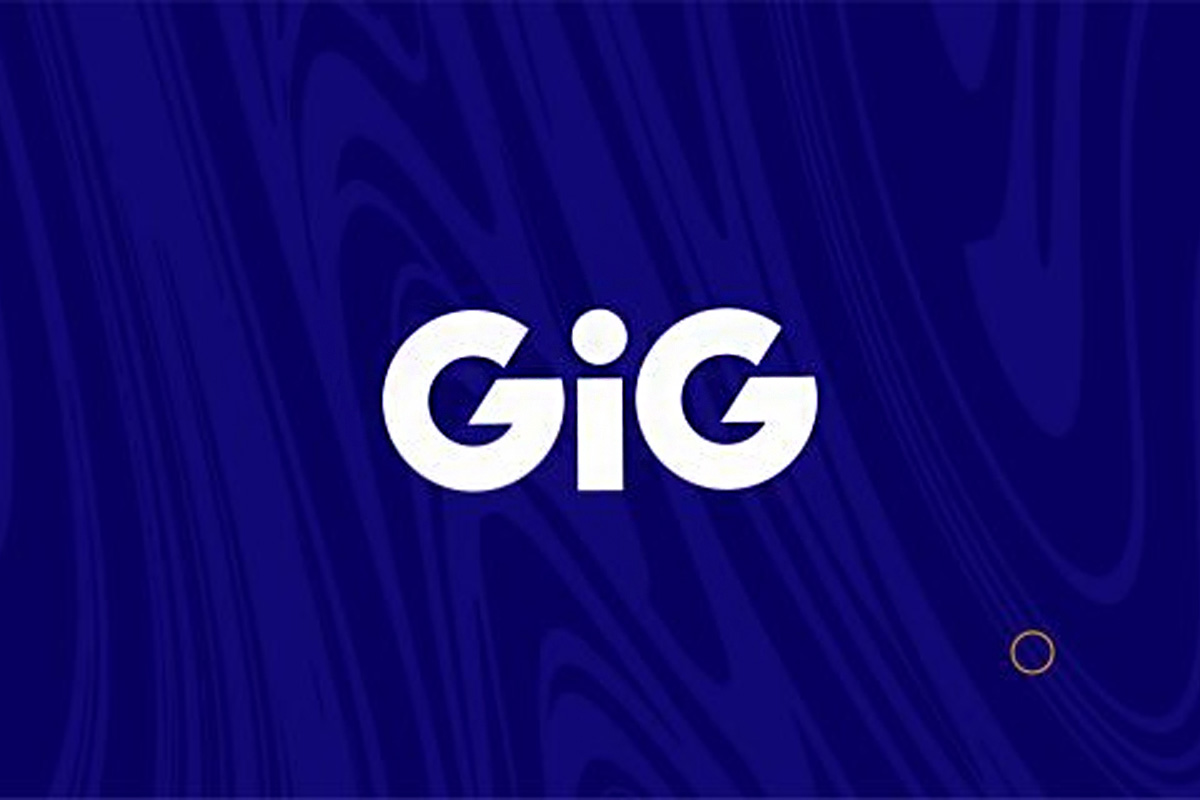

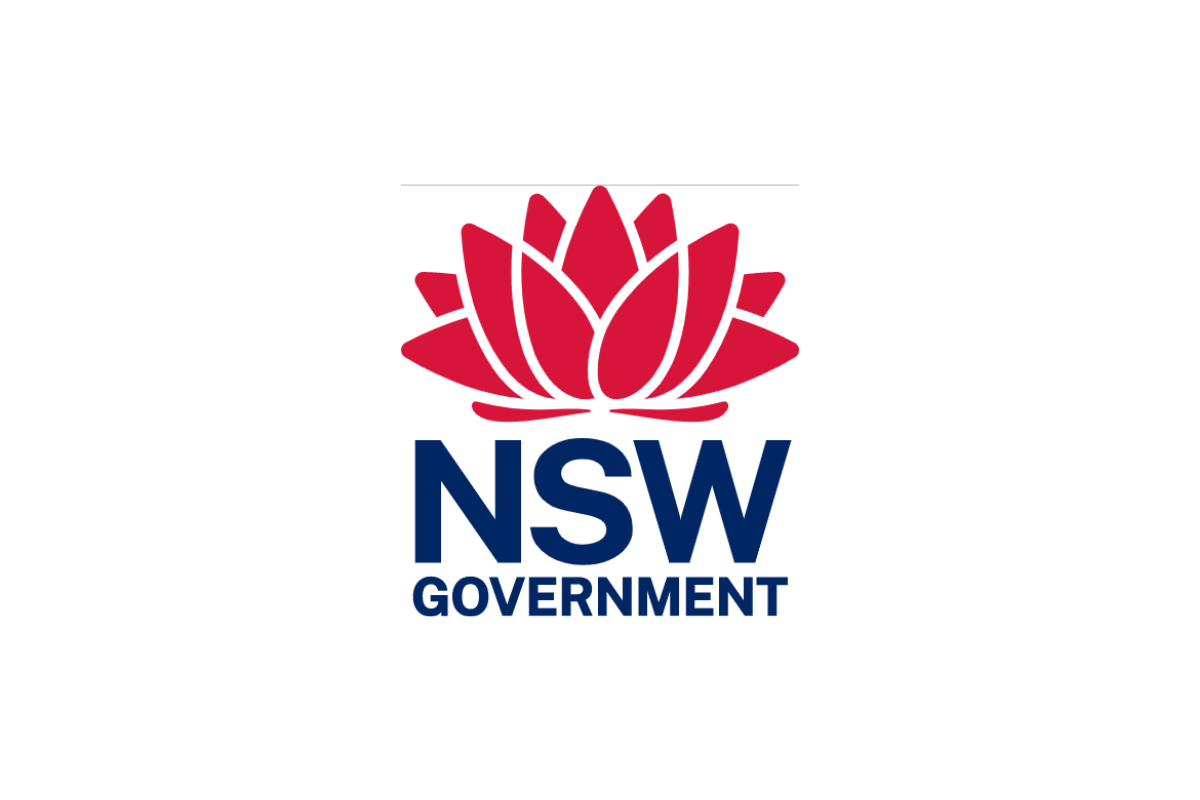


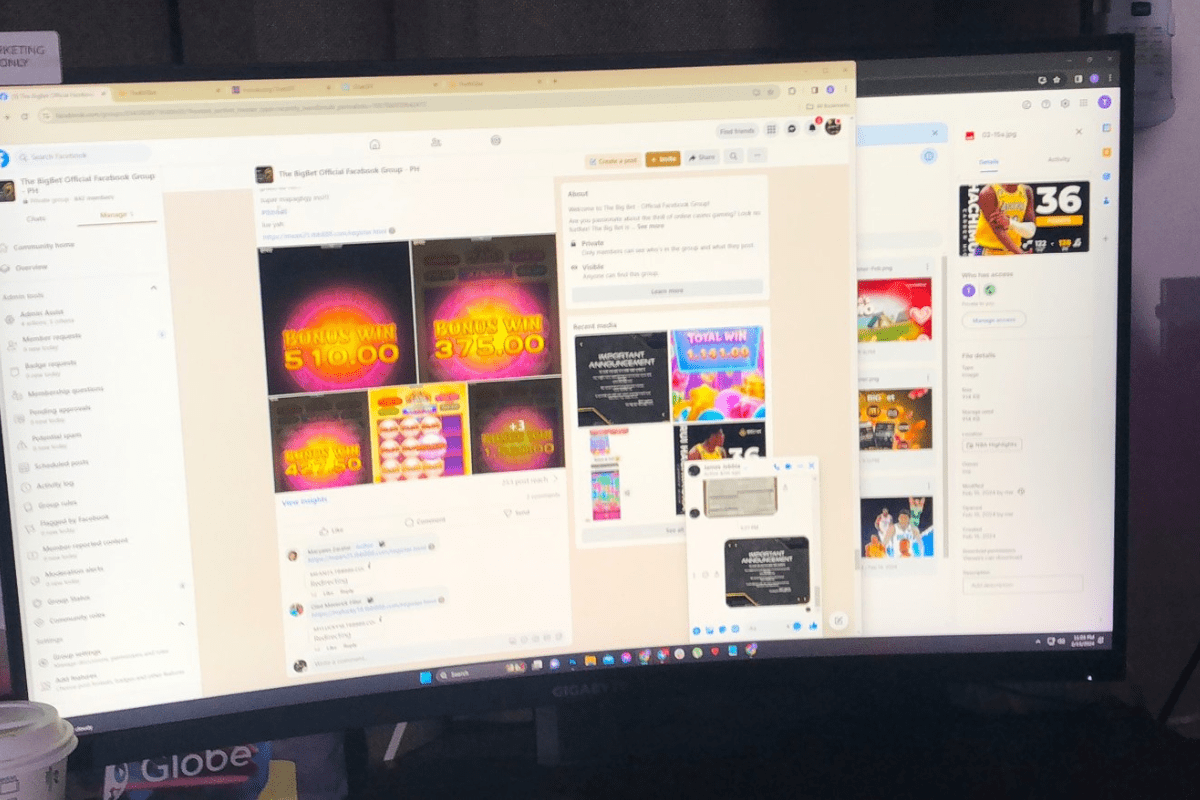

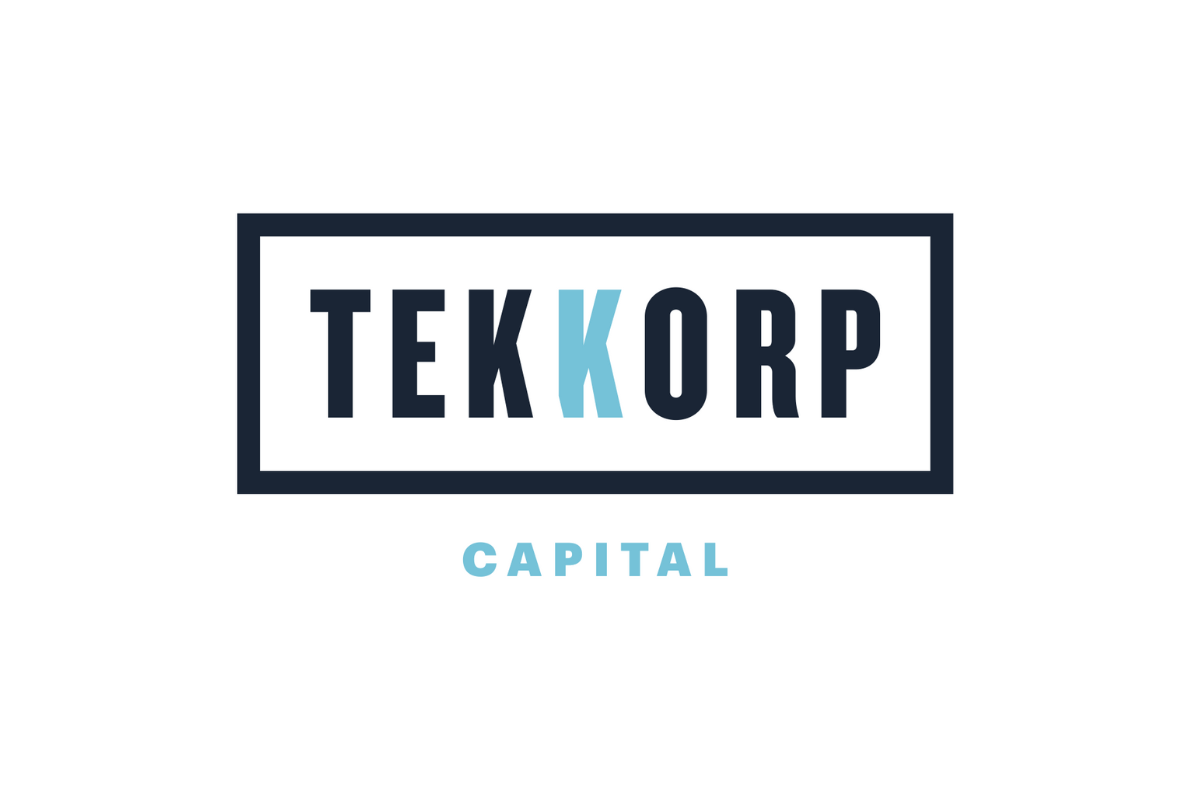
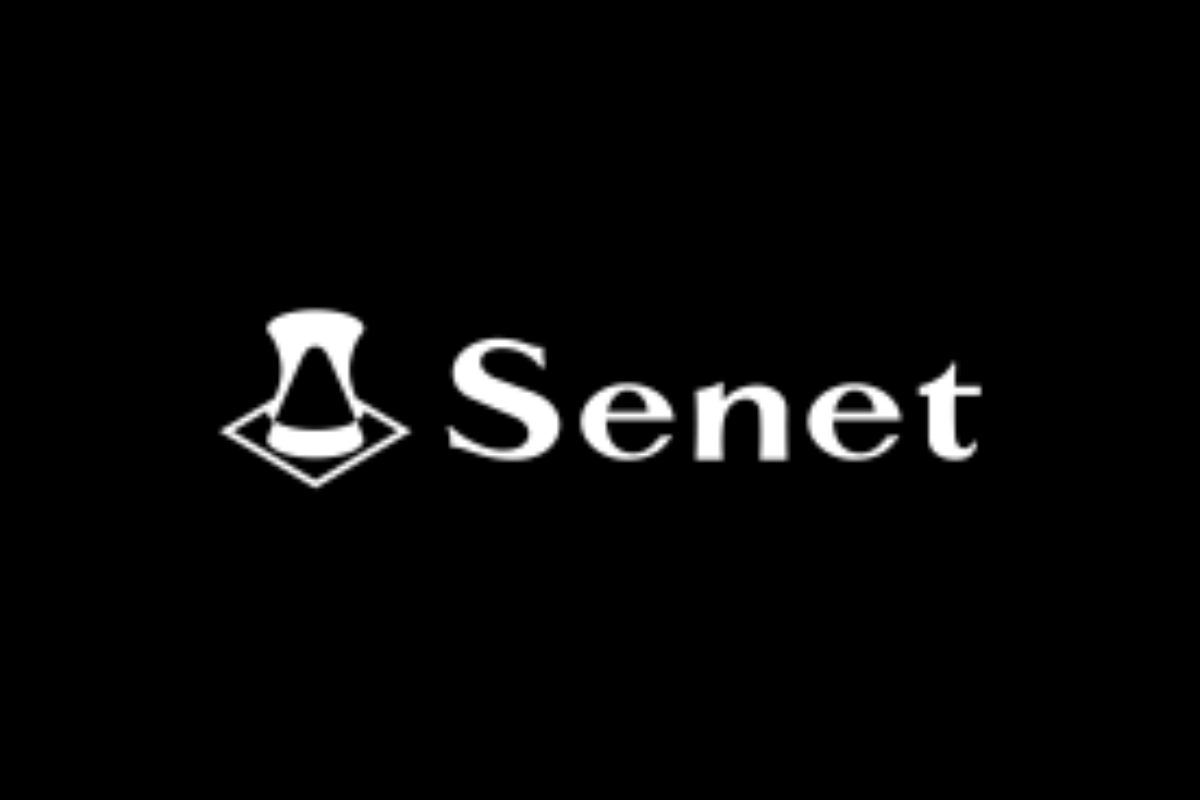
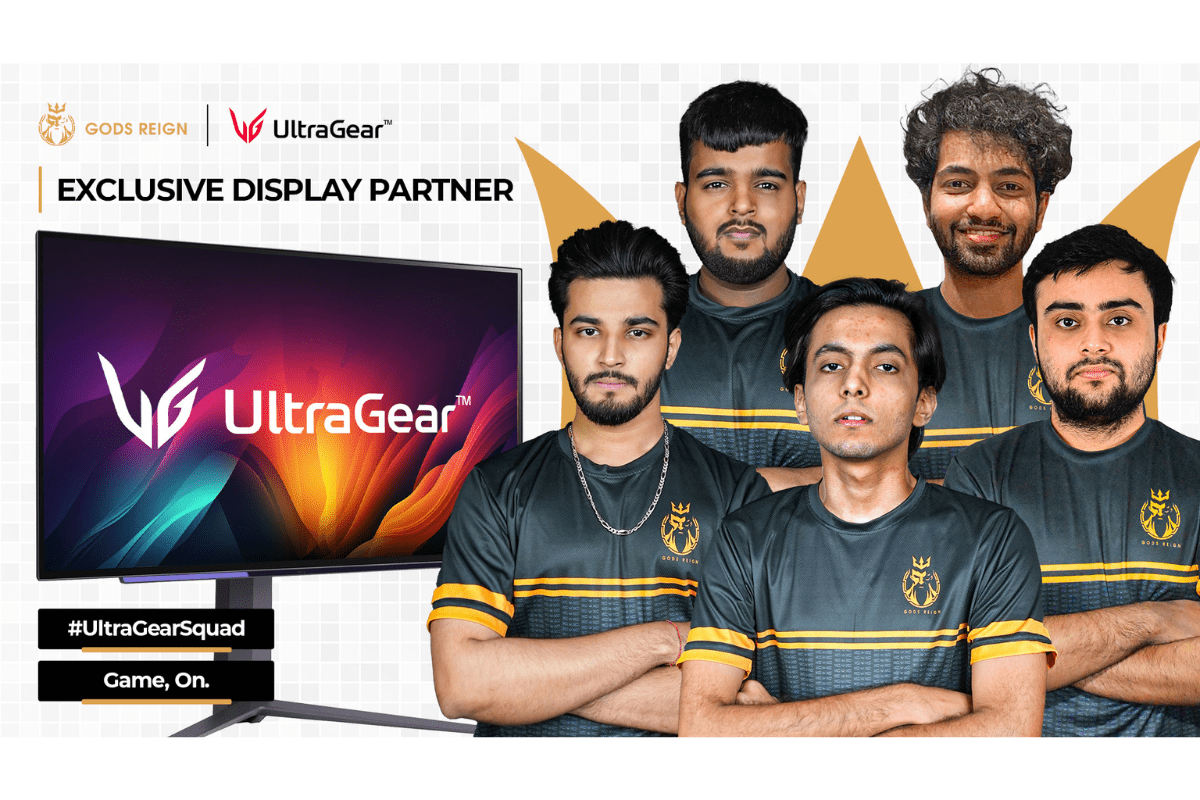
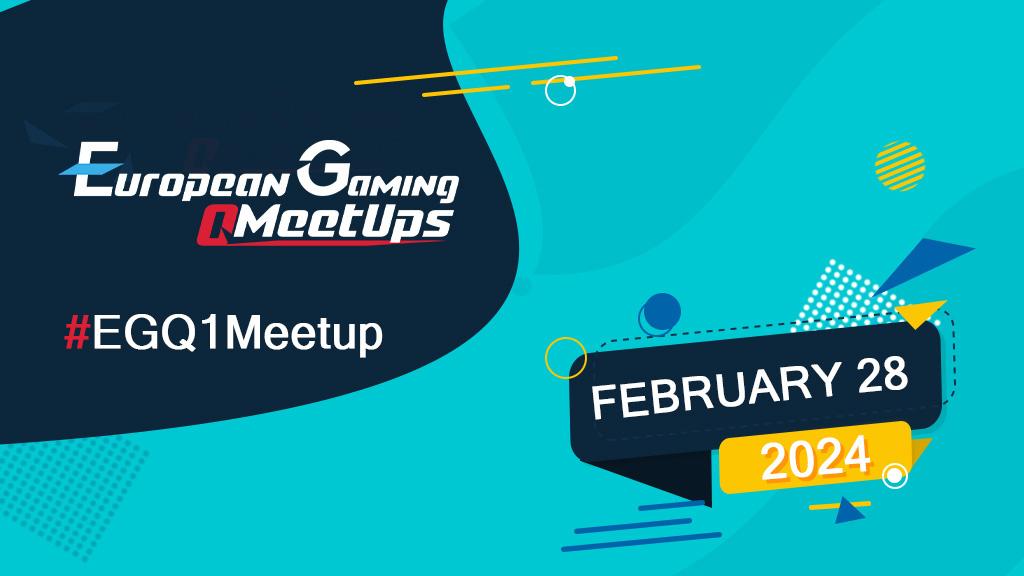
You must be logged in to post a comment Login